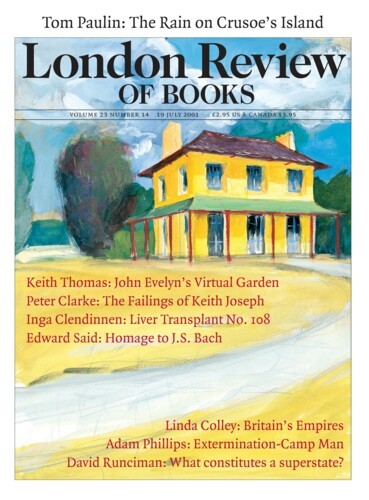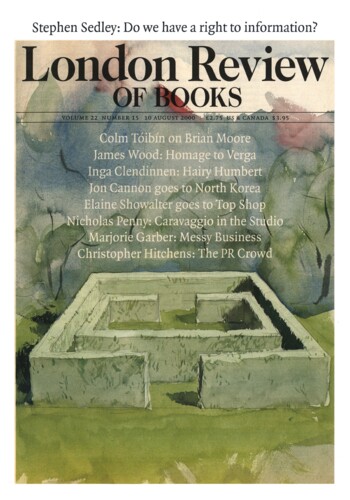Some years ago, I heard the psychologist Jerome Bruner give a talk about a girl named Emily. At two, Emily was a virtuoso night talker: put to bed, storied, kissed and left, there would be a brief silence, and then the small voice would begin. It could go on for hours. Her loving, anxious parents installed a bug in her bed and recorded her talk – so much for infants’ right to privacy. Analysing the tape, academic eavesdroppers discovered that while in her talking Emily often worked on existential problems – practising the past tense, adjusting to the arrival of a baby brother and the consequent diversion of her mother’s attention by sturdily listing all the other people she could rely on to change her nappy – what she did most, and most earnestly, was to rehearse the events of the day. She made stories out of encounters and contretemps with parents or playmates: stories in which she emerged, if not triumphant, at least unbowed. And then, having brought her self-and-history-making up to date, she would go to sleep.’
Mirror Talk: Genres of Crisis in Contemporary Autobiography by Susanna Egan. Some years ago, I heard the psychologist Jerome Bruner give a talk about a girl named Emily. At two, Emily was a virtuoso night talker: put to bed, storied, kissed and left, there would be a...





